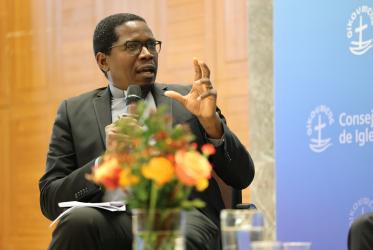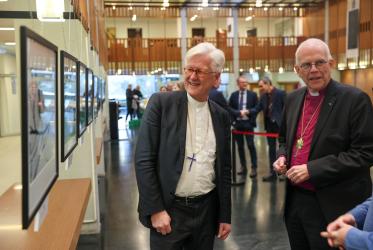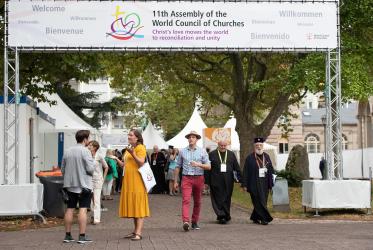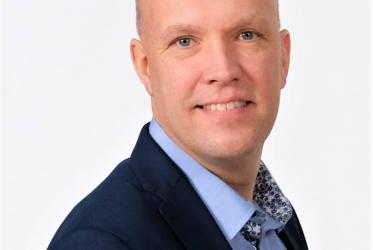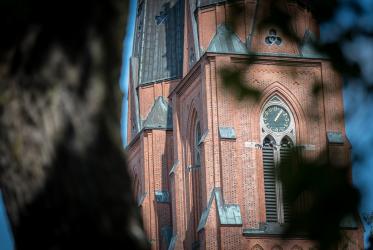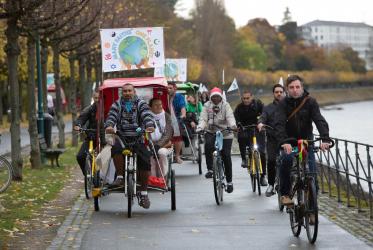Displaying 1 - 20 of 22
07 February 2024
“Every Picture Tells A Story” photo exhibit opens
30 November 2023
“Every Picture Tells a Story” photo exhibit at the Ecumenical Centre
29 November - 20 December 2023
Lobby of the Ecumenical Center
Ecumenism in the Philippines means hope and resilience
22 August 2023
Uppsala 1968: The times, they were a’changing
06 September 2022
Climate crisis fuels existing water injustice
27 October 2021
In pictures: Week of Prayer for Christian Unity
01 February 2021
Driven by God’s grace and a sense of duty
05 November 2020
Christian unity strengthens between Sweden, Malta
23 January 2020
Water and Faith: Mobilizing local faith actors to achieve SDG6
29 August 2019
Tele2 Arena, Stockholm, Sweden
Interfaith Reflections on Just Transitions: Linking Climate and Economic Justice
30 January - 01 February 2019
Dhaka, Bangladesh
Livestream 11.00 CET - Prayer service in Uppsala Cathedral
04 November 2018
Live from Uppsala, Sweden
WCC and ACT Alliance Joint Day of Reflection on Ecumenical Diakonia and Sustainable Development
01 November 2018
Uppsala, Sweden
